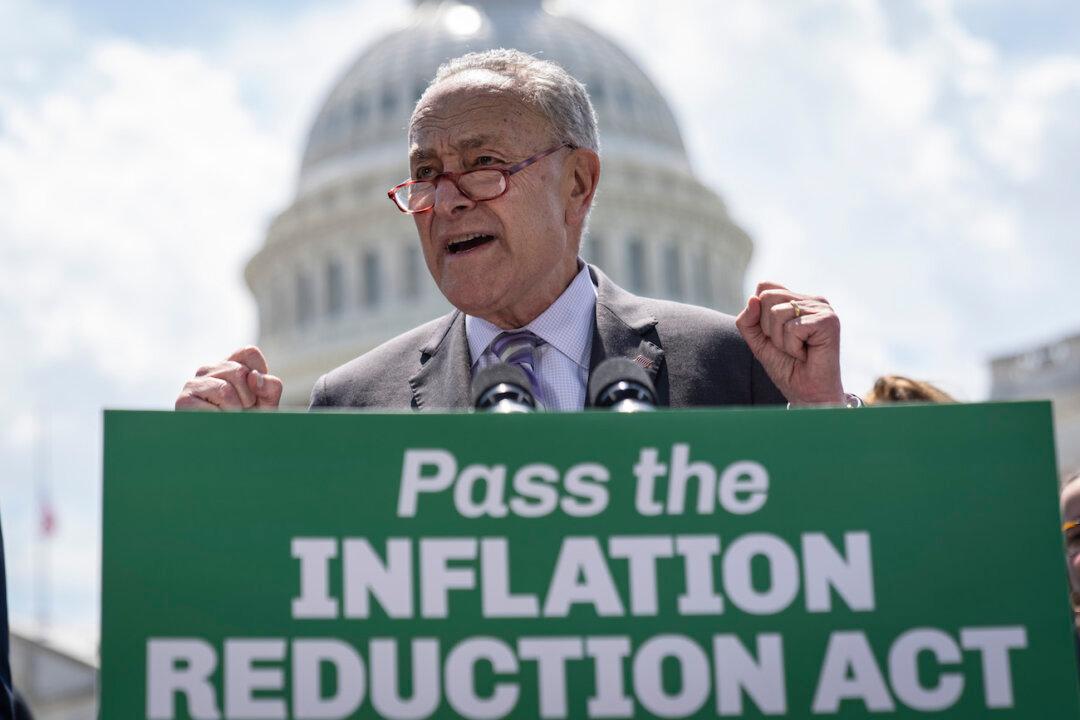Republicans on the House Ways and Means Committee say they have received information from the nonpartisan scorekeeper at the Congressional Budget Office (CBO) challenging the Biden administration’s narrative that Americans making less than $400,000 a year won’t see higher IRS audit rates.
The remarks came in an Aug. 12 statement that was published as the Democrat-controlled House passed the Inflation Reduction Act, which includes nearly $46 billion in additional funding for IRS enforcement of the $80 billion or so total funding boost to the tax agency.





